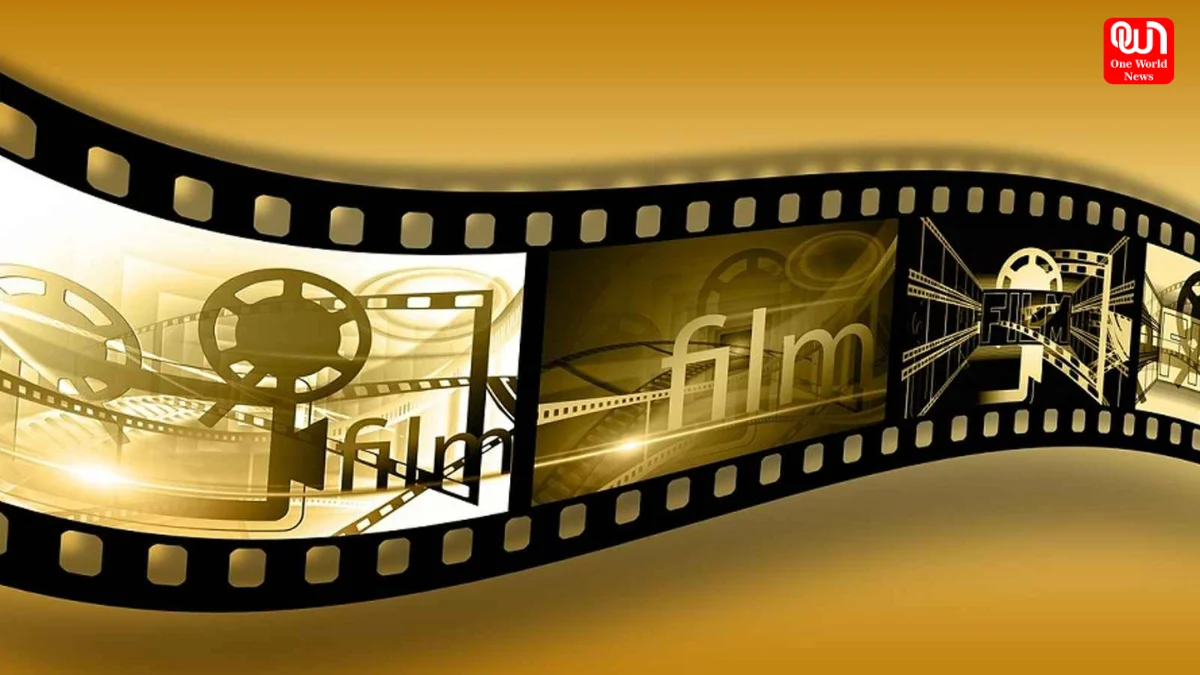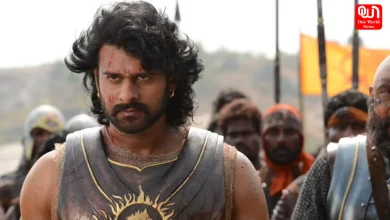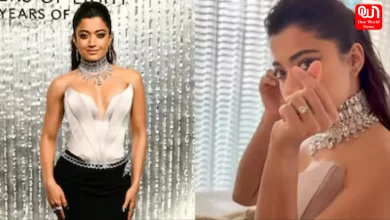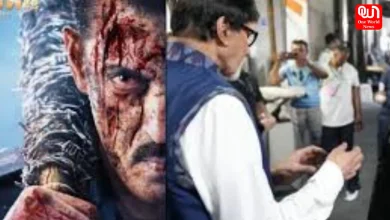Celebrating National Film Score Day: Honoring the Magic of Movie Music
The Impact of Film Scores: Elevating Cinematic Experiences
Honoring Legendary Composers and Timeless Soundtracks
National Film Score Day, observed annually on April 3, celebrates and acknowledges the skilled composers who have enhanced the appeal of films. These movie soundtracks enchant viewers even after the final credits have finished and play a significant role in the film’s success. The day honors the efforts of the skilled composers who crafted these timeless film scores. Film scores typically consist of instrumental music without lyrics.
Background of National Film Score Day
The film begins as characters and scenes appear on the screen, accompanied by an escalating rhythm that establishes the film’s atmosphere. Gradually, the musical notes build to a climax, stirring up excitement within you. The auditorium is enveloped in wonder at the images unfolding on the screen, accompanied by the melodic music. The film is starting to enchant you with its magic.
The musical background of the movie that typically signifies the start and important events is referred to as the film score. Consider any iconic and classic film, and it’s likely that it features a well-remembered score. Envision a “James Bond” or “Harry Potter” film devoid of their iconic soundtracks! These films won’t have the same impact without their captivating soundtracks. The movie’s soundtrack enhances and highlights its atmosphere, keeping you captivated by the visuals. Jeffrey D. Kern, from Movie Scores and More Radio, an online radio station well-known for airing movie soundtracks, established National Film Score Day to honor and showcase these legendary scores and their skilled composers.
Miklós Rózsa, the iconic composer, created the musical score for the fantastic film “The Jungle Book.” On April 3, 1942, United Artists launched Alexander Korda’s film. The movie and its soundtrack both achieved remarkable success. Later, the score was documented as a soundtrack with voiceover and launched independently to enthusiastic acclaim from music and film enthusiasts. National Film Score Day celebrates the debut of “The Jungle Book,” recognizing the moment when film scores gained significance.
Timeline of National Film Score Day
- 1895 The First Soundtrack- The Lumiére brothers, recognized as the founders of cinema, employ a pianist to perform music during the screening of their short films.
- 1942 A Non-Musical With A Soundtrack- United Artists premieres Alexander Korda’s movie “The Jungle Book,” which includes an orchestral score – a first for any film that is not a musical.
- 1970s Brilliant Scores Are Memorable- John Williams creates the scores for “E. T. the Extra-Terrestrial,””Schindler’s List,” and” “Jaws ” – a notably iconic and frightening composition.
- 2018 National Film Score Day Is Created- Jeffrey D. Kern of Movie Scores and More Radio established National Film Score Day to honor legendary film scores throughout the years.
Difference Between National Film Score Day and Soundtrack
Film scores consist of orchestral music played instrumentally. They improve the atmosphere of a scene, support a particular character, and establish the overall tone for the film. Film soundtracks begin and end a movie, as well. The soundtrack comprises a set of recorded tracks chosen to enhance particular scenes or moments in the film. They could be pre-existing songs or original pieces created specifically for the movie. The film score is also part of the soundtrack.
Ways to Observe National Film Score Day
- Share the Tune Across Social Media Platforms: Film score music on social media using #NationalFilmScoreDay. Showcase the creations of skilled music composers by publishing articles about the lives and achievements of these film score composers along with their greatest works to encourage discussion.
- Enjoy some Remarkable Movie Soundtracks: A friend or are part of a group that loves film scores, check out some great film scores and discuss their details together. Include dinner and a bit of wine to create an engaging evening.
- Join an Event Aimed at Composers of Film Scores: Exhibitions or discussions might take place regarding the lives and works of prominent film score composers in your area or across social media. Take part in them and express your passion for film score music.
Read More: National DIY Day: Celebrating Creativity, Self-Reliance & Hands-On Skills
Things About Movie Scores that will Astound You
- “Psycho” (1960): Bernard Hermann is recognized for creating the most unsettling film score in history for Alfred Hitchcock’s horror thriller.
- “The Pink Panther” (1963): Jazz veteran Henry Mancini’s original soundtrack for the comedy film was inducted into the Grammy Hall of Fame.
- “Jaws” (1975): John Williams’ simple yet haunting theme enhanced the shark’s fear in this timeless classic.
- “Star Wars” (1977): Williams continued after “Jaws” with another remarkable score.
- “Titanic” (1998): James Horner’s creations are as eternal as James Cameron’s grand tale of love, hope, and parting set against the ocean.
Read More: National Childhelp Day of Hope: Raising Awareness & Protecting Children
Reasons to Adore National Film Score Day
- We Adore Movie Soundtracks: We cherish the soundtracks that have made timeless films unforgettable. Any opportunity to hear them once more is appreciated.
- The Skilled Music Composers Deserve Recognition: We should acknowledge the role of music composers in giving us incredible cinematic experiences throughout the years. They are integral to our maturation, and a piece of us remains forever confined in these memories.
- Talking About them Brings Great Joy: In addition to hearing them, simply talking about the original film scores brings us joy. Even if only once a year, it’s enchanting to sit down and talk about these works.
We’re now on WhatsApp. Click to join.
Like this post?
Register at One World News to never miss out on videos, celeb interviews, and best reads.








